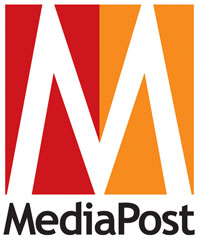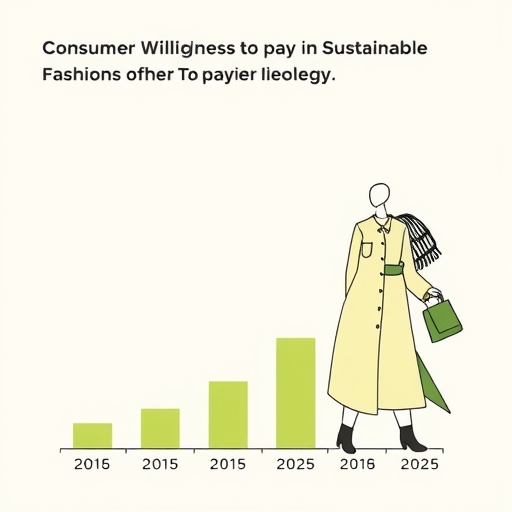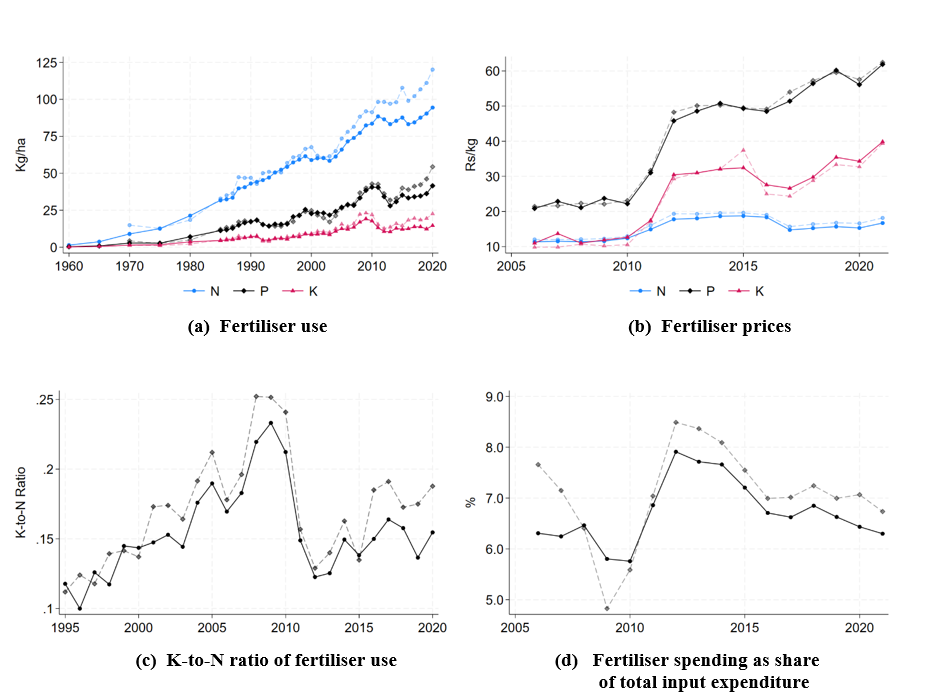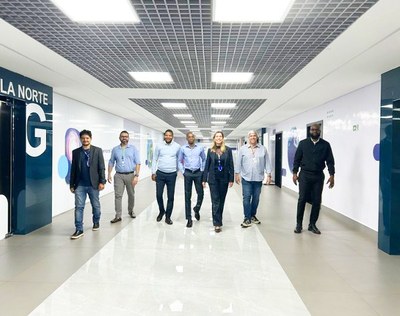Pittsfield seeks to claw back economic development funds from United Aircraft Technologies and PathogenX – The Berkshire Eagle

Report on Misuse of Public Economic Development Funds in Pittsfield and Implications for Sustainable Development Goals
Introduction: Breach of Public-Private Partnerships
The city of Pittsfield has initiated legal action against two companies, United Aircraft Technologies (UAT) and PathogenX, for an alleged breach of contract. The companies are accused of accepting public funds from the city’s Economic Development Fund and failing to deliver on their commitments to establish local operations and create employment. These actions directly undermine local efforts to achieve key Sustainable Development Goals (SDGs), particularly SDG 8 (Decent Work and Economic Growth), SDG 9 (Industry, Innovation, and Infrastructure), and SDG 11 (Sustainable Cities and Communities).
The lawsuits allege fraudulent representation, suggesting the companies’ primary intent was to secure funding without fulfilling their developmental obligations. The matter has been escalated to the Massachusetts Attorney General’s office.
Background: The Economic Development Fund
The funding at the center of the dispute originates from the Pittsfield Economic Development Fund. This fund was established with settlement money from General Electric following significant environmental pollution of local land and the Housatonic River. The fund’s purpose is to foster economic revitalization and support initiatives that contribute to a resilient and sustainable community, in line with the principles of SDG 11.
The process for securing these funds is thorough, involving:
- A formal pitch before city and state development officials.
- Submission of detailed financial information and business tax returns.
- Final approval requiring a supermajority vote from the City Council.
Case Analysis 1: United Aircraft Technologies (UAT)
UAT, a company focused on aerospace technology, was positioned as a significant contributor to the region’s manufacturing sector and a driver of local innovation, aligning with the objectives of SDG 9.
Commitments vs. Outcomes
- Promised Innovation (SDG 9): UAT claimed to have developed a revolutionary wiring clamp for aircraft, utilizing artificial intelligence and augmented reality to enhance wire maintenance. This innovation was intended to build resilient infrastructure and foster industrial innovation within Pittsfield.
- Pledged Economic Growth (SDG 8): In exchange for up to $300,000 in funding approved in November 2020, UAT made the following commitments:
- Relocate its primary operations to Pittsfield.
- Employ a minimum of 13 local employees.
- Establish a paid internship program, fostering skills for youth.
- Alleged Failures: The city’s lawsuit contends that UAT never fully relocated its operations nor met the agreed-upon staffing requirements. The company ceased operations after receiving $170,000 in public funds. The company’s founder cited internal conflicts and the cancellation of a government contract for the collapse.
Case Analysis 2: PathogenX
PathogenX proposed an innovative solution to a critical health and environmental challenge, directly addressing SDG 12 (Responsible Consumption and Production) through improved medical waste management.
Commitments vs. Outcomes
- Promised Innovation (SDG 12 & SDG 3): The company’s founder pitched a device capable of melting used syringes into inert, solid blocks, eliminating the need for specialized sharps disposal. This technology aimed to promote sustainable waste management and contribute to public health and well-being.
- Pledged Economic Growth (SDG 8): PathogenX accepted $70,000 in funds with the pledge to employ eight local workers and establish its operations in the city.
- Alleged Failures: The lawsuit alleges that PathogenX was operated as a “shell corporation” for the founder’s personal gain. The company failed to register for operation in Massachusetts or meet its employment pledge. The lawsuit names the founder, Charles Berkeley, as the defendant, alleging he was the sole officer and director of the corporation.
Impact on Sustainable Development Goals
The failure of these ventures represents a significant setback for the city’s sustainable development agenda. The misuse of funds has broad implications:
- SDG 8 (Decent Work and Economic Growth): The primary objective of creating at least 21 new jobs between the two companies was not met, undermining efforts to promote sustained, inclusive, and sustainable economic growth.
- SDG 9 (Industry, Innovation, and Infrastructure): The promised advancements in aerospace and medical waste technology, which were intended to build local industrial capacity, failed to materialize.
- SDG 11 (Sustainable Cities and Communities): Funds specifically designated for making the city more inclusive, safe, resilient, and sustainable were diverted without achieving their intended community benefits.
- SDG 16 (Peace, Justice, and Strong Institutions): The city’s legal action demonstrates the function of a strong public institution working to ensure accountability, combat fraudulent activity, and recover public funds. The lawsuits aim to uphold the rule of law and ensure responsible governance.
- SDG 17 (Partnerships for the Goals): These cases highlight the inherent risks in public-private partnerships and underscore the critical need for stringent oversight and accountability mechanisms to ensure that such collaborations achieve their development goals.
Legal Recourse and Conclusion
The City of Pittsfield filed lawsuits on June 13 in Berkshire Superior Court to recover the disbursed funds, plus interest and legal fees. Default notices sent in April 2024 to both companies went unanswered. The city’s legal action is a critical step in enforcing accountability and protecting public resources dedicated to sustainable development. As part of its agreement, UAT offered a proprietary manufacturing mold as collateral. However, officials have expressed uncertainty about the mold’s existence or value, reflecting the alleged pattern of misrepresentation. The outcome of these lawsuits will be crucial for reinforcing the integrity of public-private partnerships aimed at achieving the Sustainable Development Goals.
Analysis of Sustainable Development Goals in the Article
1. Which SDGs are addressed or connected to the issues highlighted in the article?
The article discusses issues related to local economic development, job creation, public funding, corporate accountability, and innovation. These themes connect to several Sustainable Development Goals (SDGs).
- SDG 8: Decent Work and Economic Growth: The core of the article revolves around the city’s efforts to stimulate its local economy and create jobs by funding startup companies. The companies, United Aircraft Technologies (UAT) and PathogenX, made promises to “open local operations and create jobs,” which directly aligns with the goal of promoting sustained, inclusive, and sustainable economic growth and full and productive employment.
- SDG 9: Industry, Innovation and Infrastructure: The article highlights companies focused on technological innovation. UAT was developing a “new type of wiring clamp for aircrafts” using “artificial intelligence and augmented reality,” while PathogenX pitched a machine for medical waste disposal. The city’s “Economic Development Fund” was intended to support these innovative enterprises and “buoy the region’s manufacturing sector,” which relates to building resilient infrastructure and fostering innovation.
- SDG 11: Sustainable Cities and Communities: The initiative described is a city-level strategy to foster local economic development. The “Economic Development Fund” is a tool used by the city of Pittsfield to make the community more economically resilient and viable by supporting local businesses and creating employment opportunities for its residents.
- SDG 16: Peace, Justice and Strong Institutions: This SDG is relevant due to the legal and institutional response to the companies’ failure to meet their commitments. The city is suing the companies for alleged “fraudulent representations” and breach of contract. The actions of the City Solicitor, the filing of lawsuits, and reporting the matter to the Massachusetts Attorney General’s office all demonstrate the functioning of public institutions to ensure accountability, combat corruption, and uphold the rule of law.
2. What specific targets under those SDGs can be identified based on the article’s content?
Based on the article’s focus, several specific SDG targets can be identified:
- Target 8.3: “Promote development-oriented policies that support productive activities, decent job creation, entrepreneurship, creativity and innovation, and encourage the formalization and growth of micro-, small- and medium-sized enterprises, including through access to financial services.”
- Explanation: The city’s “Economic Development Fund” is a clear example of a development-oriented policy designed to support startups (small- and medium-sized enterprises) like UAT and PathogenX by providing access to financial services (grants). The stated goal was to foster entrepreneurship and create local jobs.
- Target 9.3: “Increase the access of small-scale industrial and other enterprises, in particular in developing countries, to financial services, including affordable credit, and their integration into value chains and markets.”
- Explanation: The article details how the city provided financial incentives to small, innovative companies. UAT was given up to “$300,000” and PathogenX received “$70,000” to help them establish operations. This is a direct application of providing financial access to small-scale enterprises to promote industrialization.
- Target 11.a: “Support positive economic, social and environmental links between urban, peri-urban and rural areas by strengthening national and regional development planning.”
- Explanation: The city’s program, managed by the business development manager and approved by the City Council, represents a form of local development planning aimed at strengthening the city’s economic base by investing in new industries.
- Target 16.6: “Develop effective, accountable and transparent institutions at all levels.”
- Explanation: The article describes the city’s institutional processes for awarding funds, which require companies to “submit financial information and business tax returns” and secure a “supermajority vote of the City Council.” Furthermore, the city’s legal action to “claw the GE fund money back” when agreements are broken demonstrates an effort to maintain an accountable institution.
- Target 16.5: “Substantially reduce corruption and bribery in all their forms.”
- Explanation: The city’s lawsuits allege that both companies made “fraudulent representations to municipal leaders to obtain funding.” By suing the companies and reporting them to the Attorney General, the city is taking action against what it perceives as corrupt practices to acquire public funds, thereby working to reduce such activities.
3. Are there any indicators mentioned or implied in the article that can be used to measure progress towards the identified targets?
Yes, the article contains several specific, measurable data points that can serve as indicators for the identified targets.
- Number of jobs created: This is a primary indicator for Target 8.3. The article explicitly states the commitments: UAT pledged to “employ at least 13 employees,” and PathogenX pledged to “employ eight local employees.” The failure to meet these specific numbers is a key reason for the lawsuit.
- Amount of public funds disbursed to small enterprises: This is an indicator for Target 9.3. The article quantifies the funding: UAT had taken “$170,000 in city funding,” and PathogenX had “accepted $70,000 in GE fund money.”
- Establishment of training and development programs: This is an indicator for Target 8.3. UAT specifically “pledged to… start a paid internship program.” Whether this program was created is a measurable outcome.
- Number of legal actions taken to enforce accountability: This serves as an indicator for Target 16.6. The article states that the city filed “separate lawsuits” against the two companies and “reported both to the office of Massachusetts Attorney General Andrea Campbell.”
- Existence of formal agreements and oversight mechanisms: This is an indicator for Target 16.6. The article mentions that companies “signed paperwork agreeing to pay the city back if it didn’t meet its commitments” and that the city sent “default notices.” The requirement for collateral, such as UAT’s “propriety mold,” is another example of a formal mechanism.
4. Table of SDGs, Targets, and Indicators
| SDGs | Targets | Indicators |
|---|---|---|
| SDG 8: Decent Work and Economic Growth | 8.3: Promote development-oriented policies that support productive activities, decent job creation, entrepreneurship, creativity and innovation. |
|
| SDG 9: Industry, Innovation and Infrastructure | 9.3: Increase the access of small-scale industrial and other enterprises to financial services. |
|
| SDG 11: Sustainable Cities and Communities | 11.a: Support positive economic links by strengthening regional development planning. |
|
| SDG 16: Peace, Justice and Strong Institutions |
16.5: Substantially reduce corruption and bribery in all their forms.
16.6: Develop effective, accountable and transparent institutions at all levels. |
|
Source: berkshireeagle.com

What is Your Reaction?
 Like
0
Like
0
 Dislike
0
Dislike
0
 Love
0
Love
0
 Funny
0
Funny
0
 Angry
0
Angry
0
 Sad
0
Sad
0
 Wow
0
Wow
0













![Architects use comics and humour to rethink sustainable cities [Interview] – Mongabay-India](https://imgs.mongabay.com/wp-content/uploads/sites/30/2025/11/06135611/1761635108000-768x511.jpeg?#)






















































;Resize=620#)











